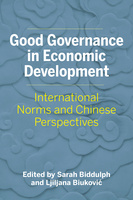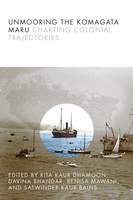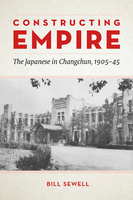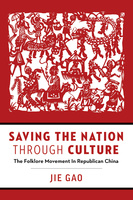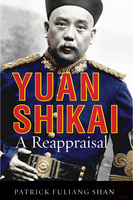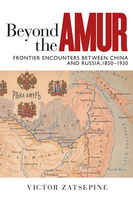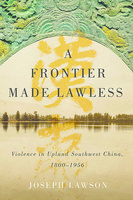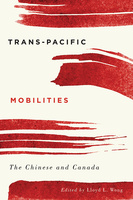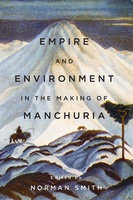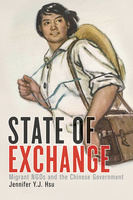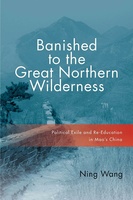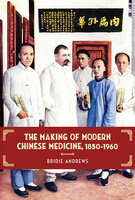Good Governance in Economic Development
International Norms and Chinese Perspectives
Good Governance in Economic Development examines what happens at the intersection of international and Chinese conceptions of transparency, accountability, and public participation.
Unmooring the Komagata Maru
Charting Colonial Trajectories
Unmooring the Komagata Maru challenges conventional historical accounts to consider the national and transnational colonial dimensions of the Komagata Maru incident.
A Human Rights Based Approach to Development in India
This book demonstrates why economic development is synonymous with institutional development for the furthering of human development issues.
Constructing Empire
The Japanese in Changchun, 1905–45
While other studies focus on the role of diplomats and the military, Constructing Empire demonstrates that building the Japanese empire also required civilian participation.
Saving the Nation through Culture
The Folklore Movement in Republican China
Saving the Nation through Culture tells the little-known story of how a group of Chinese scholars attempted to use “low culture” to promote national unity during a long period of crisis.
Yuan Shikai
A Reappraisal
This first major comprehensive study of Yuan Shikai in more than half a century explores the controversial life of one of the most important figures in China’s transition from empire to republic.
Beyond the Amur
Frontier Encounters between China and Russia, 1850–1930
Beyond the Amur charts the pivotal role that an overlooked frontier river region and its environment played in Qing China’s politics and Sino-Russian relations.
A Frontier Made Lawless
Violence in Upland Southwest China, 1800-1956
In the first Western language history of Liangshan, Joseph Lawson argues that the region was not inherently violent but made violent by turmoil elsewhere in China.
Trans-Pacific Mobilities
The Chinese and Canada
As China’s international influence grows, this timely collection reveals how the global movement of the country’s people, culture, information, and economy continues to shape Canadian cities and China itself.
Empire and Environment in the Making of Manchuria
This unique analysis of Manchuria’s environmental history provides an overview of the climatic and imperialist forces that have shaped an area of ongoing geopolitical importance.
State of Exchange
Migrant NGOs and the Chinese Government
This exploration of the interactive relationship between Chinese NGOs and the Chinese state provides fresh insights into how the Chinese government operates and why it needs non-governmental organizations to survive.
Banished to the Great Northern Wilderness
Political Exile and Re-education in Mao’s China
Through newly accessed labour farm archives and recently uncovered Chinese-language sources, this book brings to life the experience of political exiles in Mao’s China.
Not Fit to Stay
Public Health Panics and South Asian Exclusion
Not Fit to Stay reveals how officials used panic about public health concerns as a basis for excluding early twentieth-century South Asian immigrants from entering Canada and the United States.
The Stability Imperative
Human Rights and Law in China
Legal expert Sarah Biddulph uses case studies to examine the multiple and shifting ways in which the Chinese government’s efforts to maintain social and political stability impact on the legal definition and implementation of human rights in China.
The Making of Modern Chinese Medicine, 1850-1960
A history of the convergence of Western and Chinese medical practices in modern China.

